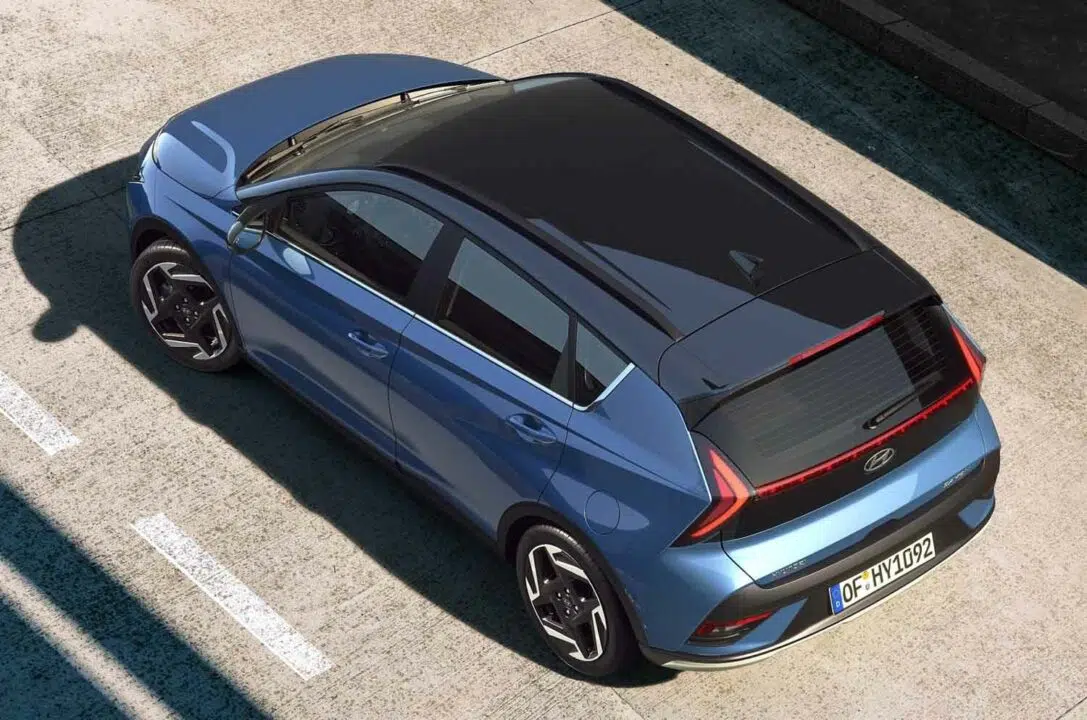Hyundai Motor India Ltd. (HMIL) is embarking on its most aggressive product strategy to date, signaling a clear intent to not only fortify its position but also reclaim lost ground in the fiercely competitive Indian automotive market. With a staggering 26 new models planned by FY2030, including a robust mix of Internal Combustion Engine (ICE), electric vehicles (EVs), and hybrids, Hyundai is preparing for a veritable product onslaught.
This ambitious roadmap, unveiled amidst increasing pressure from homegrown rivals like Tata Motors and Mahindra & Mahindra, reflects Hyundai’s unwavering commitment to the Indian market and its determination to cater to diverse customer preferences across segments.
The Multi-Pronged Attack: ICE, EVs, and the Hybrid Push
Hyundai’s strategy is meticulously crafted, focusing on a multi-powertrain approach:
* Dominance in ICE: A significant portion of the planned launches, approximately 20 models, will be ICE vehicles. This underscores Hyundai’s continued belief in the sustained demand for traditional petrol and diesel cars in India, while also hinting at full model changes and strategic product enhancements to existing popular lines. SUVs are expected to remain a primary focus, building on Hyundai’s strong performance in this segment with models like the Creta and Venue.
* Accelerating the EV Charge: Recognizing the accelerating shift towards electric mobility, Hyundai has committed to introducing 6 new EVs by FY2030. This includes all-new models and potentially electric derivatives of existing popular ICE cars. The recent launch of the Creta EV, which has garnered significant bookings, is a testament to Hyundai’s growing confidence and capability in the EV space. Plans for a ground-up electric hatchback (codenamed HE1i) for late 2026 and a cost-optimized 400V EV architecture for emerging markets post-2027-28 suggest a long-term, localized EV vision.
* Embracing Hybrids: A crucial new pillar of Hyundai’s strategy is the introduction of hybrid powertrains. The company is actively developing new series-hybrid technology and a 1.2-litre turbo-petrol engine as a base for future hybrid applications. A strong hybrid vehicle is reportedly slated for launch as early as September 2025, with a new 7-seater hybrid SUV also in the pipeline for 2027. This move is strategic, offering a bridge between ICE and full EVs, appealing to a segment of buyers seeking better fuel efficiency without range anxiety.
Key Models on the Horizon (2025-2027):
While the full list of 26 models remains under wraps, some highly anticipated launches in the near to mid-term include:
* Facelifts and Next-Gen Models: Expect comprehensive updates to popular models like the Verna, i20, and Alcazar. The next-generation Hyundai Venue is also anticipated towards the end of 2025, potentially with a Level 2 ADAS suite and a significantly upgraded cabin.
* New Entrants: The Hyundai Bayon, a global crossover based on the i20 platform, is expected in mid-2026, aiming to slot below the Creta. The Hyundai Inster, a compact electric SUV, is also reportedly under development for an accessible EV offering.
* Premium Offerings: Hyundai is also likely to expand its premium portfolio, with the Palisade SUV and IONIQ 6 sedan rumored for launch in 2026.
Strategic Investments and Market Re-Calibration:
To support this aggressive product roadmap, Hyundai is investing ₹7,000 crore in India and plans to commence production at its newly acquired Talegaon facility in Pune by Q3 2026. This expansion will significantly boost manufacturing capacity, especially for hybrid vehicles.
Beyond product, Hyundai is also recalibrating its market approach. While domestic growth in the short term is expected to be in line with industry trends, the company is targeting a robust 7-8% growth in exports, offsetting domestic challenges. The focus is shifting towards premiumization, with a notable increase in the penetration of advanced features like ADAS, sunroofs, and connected car technology in their models.
The Road Ahead:
Hyundai’s “product assault” for India is a clear declaration of intent. By offering a diverse and compelling portfolio across all major powertrain types and segments, the company aims to reinforce its brand appeal, deepen customer engagement, and ultimately, regain its momentum in a market that continues to be a crucial battleground for global automakers. The coming years will undoubtedly see a renewed and intensified competition, with Hyundai at the forefront of this exciting automotive evolution in India.
